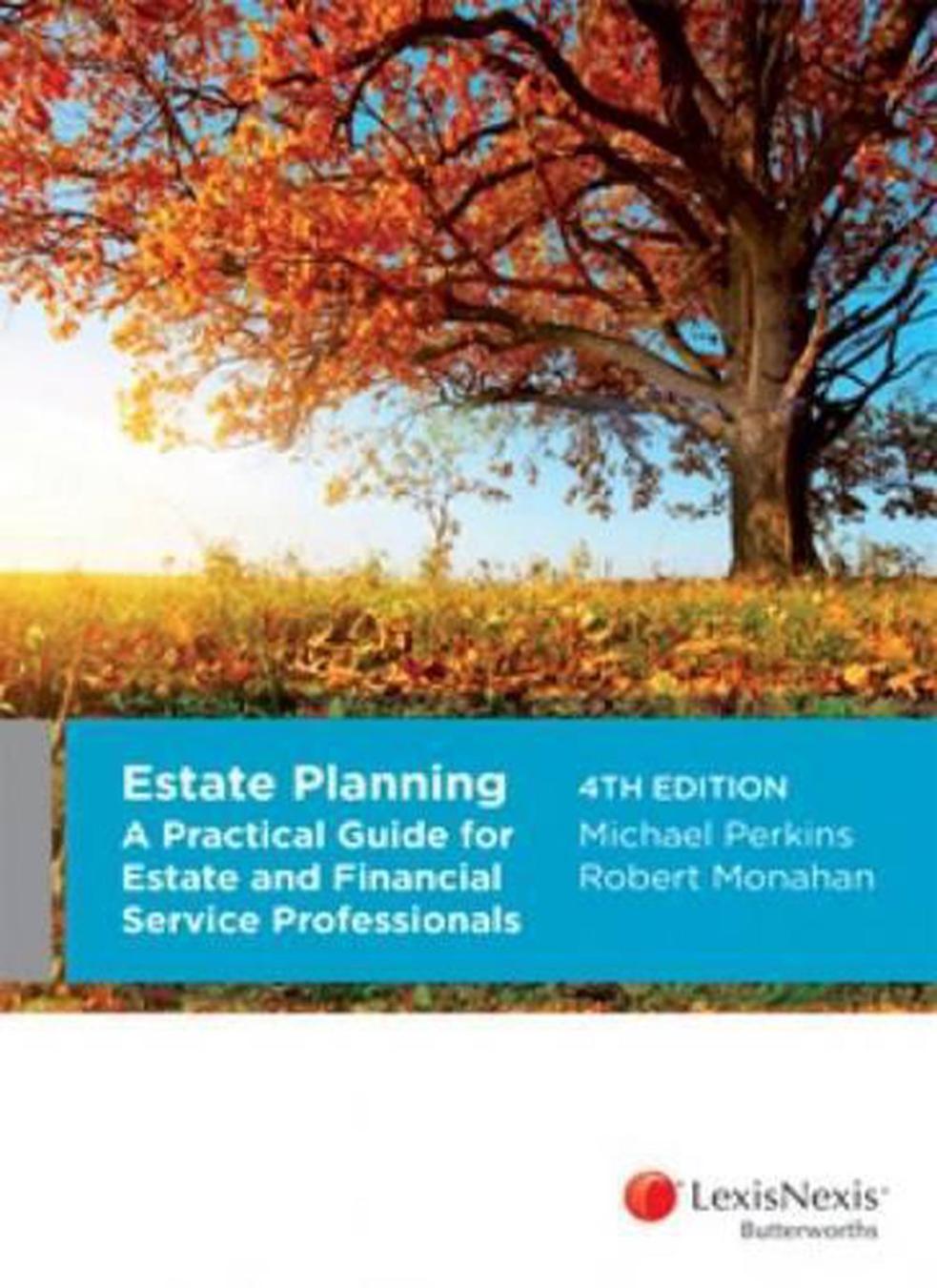How Can I Protect My Family's Assets in Case of My Death or Disability?
In the face of unforeseen circumstances, safeguarding your family's financial well-being is of paramount importance. By implementing a comprehensive plan, you can ensure that your loved ones are protected and their future is secure, even in the event of your untimely demise or incapacitation.

Estate Planning: A Foundation For Asset Protection
Creating A Will:
- A legally valid will is the cornerstone of estate planning, outlining the distribution of your assets after your passing.
- Appoint an executor, a trusted individual responsible for carrying out the terms of your will.
- Clearly specify how your assets should be divided among your beneficiaries, ensuring their financial security.
Establishing A Trust:
- Trusts offer a flexible and effective means of managing and protecting your assets.
- Revocable trusts allow for changes during your lifetime, while irrevocable trusts provide asset protection and tax benefits.
- Select a trustee, a responsible individual or institution, to manage the trust according to your wishes.
Durable Power Of Attorney:
- Grant authority to a trusted agent to make financial and legal decisions on your behalf in case of incapacity.
- Choose an agent who is trustworthy, capable, and understands your values and wishes.
Health Care Directives:
- Create a living will and health care proxy to specify your end-of-life care preferences.
- Ensure your wishes regarding medical treatment are known and respected.
Financial Planning: Building A Secure Financial Future
Life Insurance:
- Life insurance provides a financial safety net for your loved ones in the event of your untimely death.
- Choose between term life insurance for temporary coverage or whole life insurance for lifelong protection.
- Determine the appropriate amount of coverage based on your family's needs and financial obligations.
Disability Insurance:
- Disability insurance safeguards your income in case of an accident or illness that prevents you from working.
- Consider both short-term disability insurance for temporary coverage and long-term disability insurance for extended periods of incapacity.
- Select a policy that provides adequate coverage and aligns with your financial situation.
Retirement Savings:
- Maximize contributions to retirement accounts, such as 401(k)s and IRAs, to ensure a secure retirement.
- Choose appropriate investments that align with your risk tolerance and retirement goals.
- Consider annuities for guaranteed income throughout your retirement years.
Asset Protection Strategies: Shielding Your Valued Possessions
Joint Ownership:
- Joint ownership of assets with a spouse or trusted individual can provide survivorship rights and ease of transfer.
- Consider the advantages and disadvantages of joint ownership, including potential tax implications and loss of control.
Transferring Assets To A Spouse:
- Transferring assets to a spouse may offer tax benefits and protection from creditors.
- Consult with a financial advisor to understand the tax implications and potential drawbacks of asset transfers.
Creating A Limited Liability Company (LLC):
- Forming an LLC can provide liability protection for business owners and shield personal assets from business debts and liabilities.
- Consider the benefits and drawbacks of an LLC, including tax implications and administrative requirements.
Conclusion: A Legacy Of Protection And Security
Protecting your family's assets in the face of unforeseen circumstances is a testament to your love and foresight. By implementing a comprehensive estate and financial plan, you can ensure that your loved ones are financially secure and your legacy is preserved, no matter what life may bring.
Seeking professional advice from an estate planning attorney, financial advisor, and insurance agent is crucial to creating a plan tailored to your unique circumstances and goals. Regularly reviewing and updating your estate and financial plans is essential to ensure they remain aligned with your evolving needs and life changes.
By taking proactive steps today, you can provide peace of mind for yourself and your family, knowing that their financial future is secure, even in your absence.

YesNo

Leave a Reply